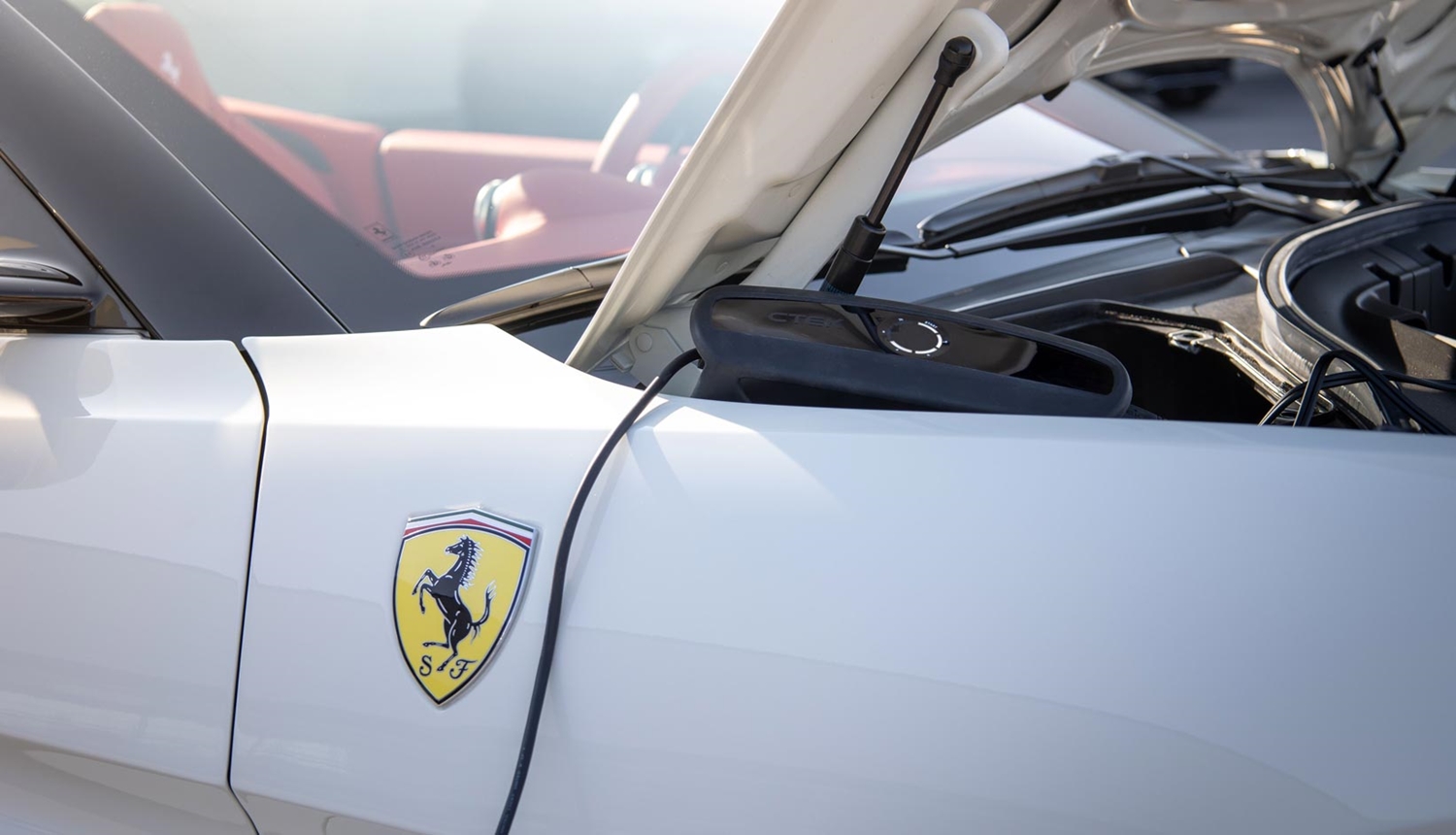Why Your Alternator is Not Enough for Charging Your 12V Car Battery
When it comes to maintaining the health and longevity of your car's 12V battery, relying solely on the alternator might not be sufficient. Many drivers assume that as long as they keep their vehicle running, the alternator will take care of the battery charging needs. However, this assumption can lead to a misunderstanding of how car batteries and alternators function, potentially resulting in battery failure or reduced battery life. If you’re using a battery charger like CTEK’s CS ONE you are better prepared for the road.
Why your alternator is not enough
The alternator in your car is designed primarily to maintain the charge of the battery while the engine is running and to power the electrical systems of the vehicle. While it does provide a charge to the battery, it is not its main purpose to recharge a deeply discharged battery. The alternator produces electricity and sends it to the battery, but this process is gradual and typically intended to keep the battery topped off rather than fully recharged from a low state.
Several factors can affect the efficiency of an alternator in charging a battery:
1. Engine RPM:
Alternators are most efficient at higher RPMs. At idle or low speeds, the charging output is significantly reduced.
2. Electrical Load:
The battery functions like other consumers such as air conditioning, headlights, and info systems, with the alternator meeting these demands. However, the alternator does not charge the battery in a controlled manner, so reaching full charge can take a long time.
In modern vehicles with start-stop systems, the battery management system (BMS) controls alternator charging. If the battery is over 80% charged, the BMS prevents charging to save fuel. Charging resumes once the battery drops below 80%. Sulphation accelerates at 12.4V (around 80% charge), putting the battery at risk. Regularly using a CTEK charger can fully charge the battery to 100%, helping to extend its life despite the BMS's limitations.
3. Short Trips:
Frequent short trips do not provide enough time for the alternator to recharge the battery fully, especially if the battery was previously discharged.
Why your car battery needs more than just the alternator
Your car battery sometimes needs a more thorough and controlled charging process than what an alternator can provide. Here are a few reasons why:
1. Deep Discharge Recovery:
Car batteries can become deeply discharged due to lights being left on, extreme temperatures, or long periods of inactivity. A deeply discharged battery requires a slow and steady charge that an alternator cannot provide efficiently. Battery chargers are designed to deliver a controlled charge, often in stages, to safely bring a battery back to full charge.
2. Battery Maintenance:
Regular use of a battery charger can help maintain the optimal charge level of your battery, ensuring it remains healthy and prolonging its lifespan. Trickle chargers, for example, can keep a battery at its peak without overcharging.
3. Sulfation Prevention:
When a lead-acid battery is not fully charged regularly, sulfation can occur, which diminishes the battery's capacity. A dedicated battery charger can help in desulphation processes, revitalizing the battery's performance.
Alternator vs Battery Charger: The Truth You Need to Know
Understanding the distinct roles of the alternator and a battery charger is essential for proper battery maintenance:
Alternator:
- Purpose: Primarily to maintain the battery's charge and power the vehicle's electrical systems.
- Operation: Works efficiently at higher RPMs; less effective at low speeds or when the electrical load is high.
- Limitations: Not designed to recharge a deeply discharged battery or provide a controlled, maintenance charge.
Battery Charger:
- Purpose: Designed specifically to charge a battery from a low state to full charge, and to maintain the battery at an optimal charge level.
- Operation: Delivers a controlled and often staged charge, suitable for deep discharge recovery and battery maintenance.
- Advantages: Can prevent sulfation, extend battery life, and ensure the battery is always in a ready state.
CTEK’s CS ONE: Our Smartest Battery Charger Yet
APTO™ Technology simplifies charging by automatically recognizing the type of battery you have and delivering a customized charging program. It also provides an estimated time until your battery is fully charged. The polarity-free clamps ensure you can't connect them incorrectly, eliminating the risk of making a wrong connection. Plus, the clamps are spark-free, so there's no need to worry if they touch each other accidentally.
For additional features, use the Bluetooth® enabled CTEK App. The ‘RECOND’ feature restores and reconditions your battery, while ‘WAKE UP’ helps revive lithium batteries with under-voltage protection or deeply discharged lead-acid batteries. The ‘SUPPLY’ mode turns the CS ONE into a handy 12V power supply. The app also lets you monitor the voltage and current being delivered by the charger.
In conclusion, while the alternator is a crucial component of your vehicle's electrical system, it is not sufficient for all battery charging needs. A battery charger plays a vital role in ensuring that your car battery remains healthy and fully charged, especially in scenarios where the battery has been deeply discharged or the vehicle is not driven frequently. By using a battery charger in conjunction with the alternator, you can maximise the lifespan and reliability of your car battery.

